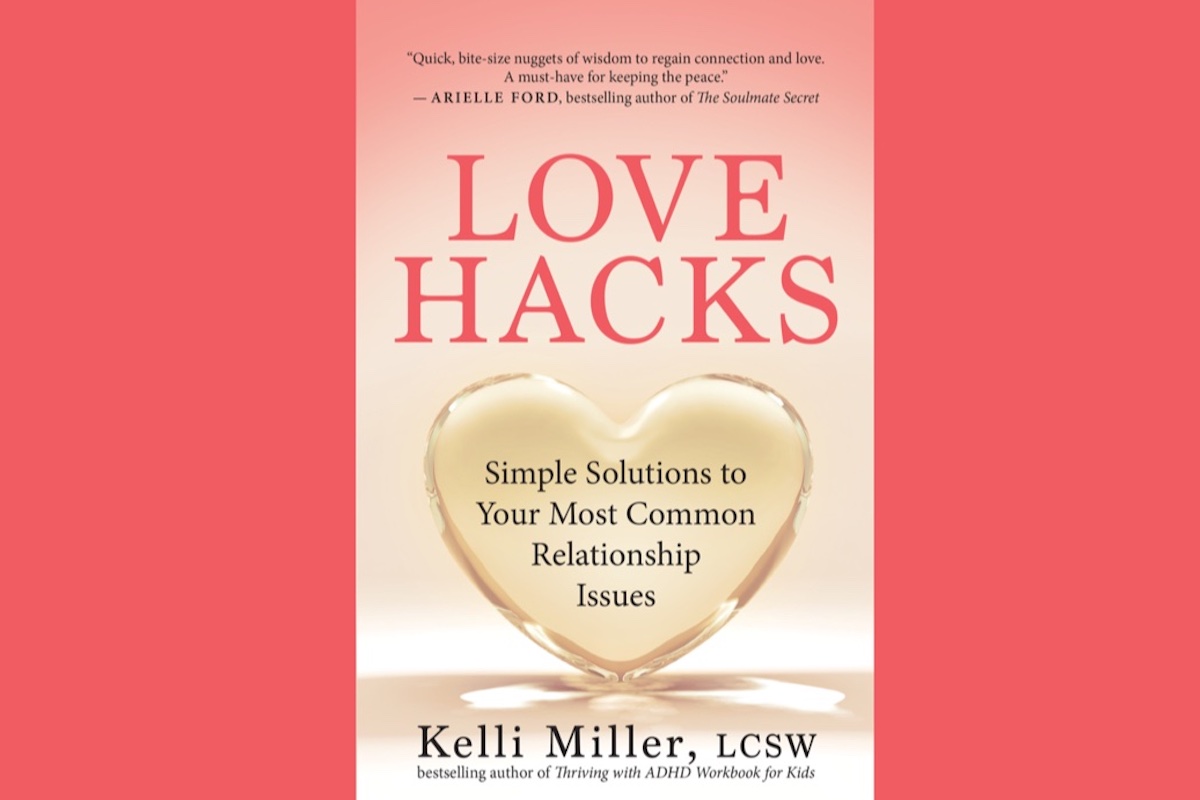
Relationships are complicated. They are beautiful and messy and confusing and frustrating all at the same time. There are moments of joy, sadness, anger, uncertainty, and even boredom. All of this is normal and healthy.
Perhaps you’ve recognized that within these complicated relationships, certain issues arise over and over again. Do you find yourself having the same fight repeatedly? Are there a few issues that you and your partner just can’t see eye to eye on? Is there one hot topic that you both avoid? Sometimes we need a little help navigating these issues. It’s possible we have become too biased, too ingrained in our own feelings and emotions, and we need outside help to give us perspective. Regardless of what got us here, we choose to become brave and seek assistance.
As a psychotherapist, I’ve counseled thousands of couples, and I believe there is no substitute for couples therapy with a licensed therapist. Couples therapy is an interactive way to help partners establish goals within the relationship. The process is designed to help couples delve deeper into what is working and not working for them. It’s a way for each partner to demonstrate their commitment to their relationship while gaining a better understanding of themselves and their partner. And it’s especially necessary and helpful if there are more complex issues involved, such as trauma (sexual, emotional, verbal, and/or childhood), addiction, and/or a mental illness.
Unfortunately, couples therapy isn’t always an option for everyone. This might be due to scheduling conflicts, difficulty balancing work and kids, lack of finances, fear of telling a therapist dark intimacies and secrets, cultural reasons, a partner who resists attending, and more. Sometimes couples even want to try to resolve problems on their own before seeking outside help. I wrote this book to help any couple who either can’t attend couples therapy or wants to resolve issues on their own, perhaps as a supplement to therapy.
I’ve divided this book into the fifteen most-common issues couples experience, and for each issue, I provide three unique tools to help address them. You can use any or all three of the tools; decide what you need and what works best for you. I designed each tool to stand alone, and I tried to provide a variety of types and approaches. Some you may have heard of before, some maybe not, but don’t feel obligated to do all three every time. My hope is that, even if one or two don’t work for you, at least one will. Most exercises require just a pen and paper, and you might want to designate a specific journal for the work in this book. This way everything is in one place.
At times, the tools suggested may feel like work. That’s because they are! I want to present no surprises. The exercises in this book require effort, dedication, and time, but the payoff of feeling more in sync with your partner is what makes it all worthwhile. If you have a moment of overwhelm while doing an exercise, it may be helpful to remember why you picked up the book in the first place. It’s also wise to remember the only way for things to change is for things to change. That starts with doing things differently than you have been, which may involve talking or writing about hard topics and uncovering difficult truths. That being said, feel free to modify these exercises in whatever ways you wish. If something seems complicated or overwhelming, please simplify it. The point isn’t to follow a set “program” but to discover and develop strategies that help you and your partner solve your particular issues together. Further, there is no need to proceed through the issues the way they are organized. You can start anywhere, with whatever issue is most important to you, and if you want, focus only on those issues that reflect your particular challenges. Later, if you recognize you have another issue, you can return to the book and use the tools for that particular issue.
Whether you are reading this book on your own or along with your partner, I hope it helps you gain insight into your relationship and provides concrete mechanisms for helping you improve and strengthen your relationship. Even if your partner is unavailable to read with you, I believe you can still gain powerful insight into yourself, a greater awareness of what you can change, a deeper education around communication and resolution, and a better understanding of relationships as a whole.
I’m glad you’re taking the time to value yourself and your relationship. Rebuilding a relationship takes work. It can be eased, however, with four important hacks that exist within ourselves: being open, being patient, being the change agent, and being compassionate.
Being open
Relationship work starts with being open — being open to learning and trying new ways. This involves recognizing old patterns that haven’t been working and identifying new approaches that can make a difference. Openness means seeing our partner in a different light. It also means being willing to explore new and maybe unconventional techniques to seek understanding with our partner.
Being patient
Relationship work also takes patience. This means being patient with both ourselves and our partner. We want others to be patient with us whenever we try new things, and our partners want that same grace. We need to be gentle with ourselves and our partner as we embark on this journey, knowing there may be some bumps along the way.
Being the change agent
We can only change ourselves, not other people. But if we focus on improving ourselves, on being a better partner for our partner, that solves at least 50 percent of the problem. “Being the change agent” means asking ourselves: Who do I want to be in this partnership regardless of my partner’s actions?
Being compassionate
Change doesn’t take place overnight. Nor do improvements occur in a steady upward trajectory. We might move a few steps forward and then one step back. That’s OK. We need to be compassionate with ourselves and our partner as we make efforts and occasionally stumble. Couples work is about progress, not perfection. What’s important is continuing to try to improve our connection with our partner.
Excerpted from the book Love Hacks. Copyright© 2024 by Kelli Miller, LCSW, MSW. Reprinted with permission from New World Library.www.newworldlibrary.com
We’d love to hear from you! Please send us your suggestions for future articles. And if you’re a writer, please see our writer’s submissions page for details.

